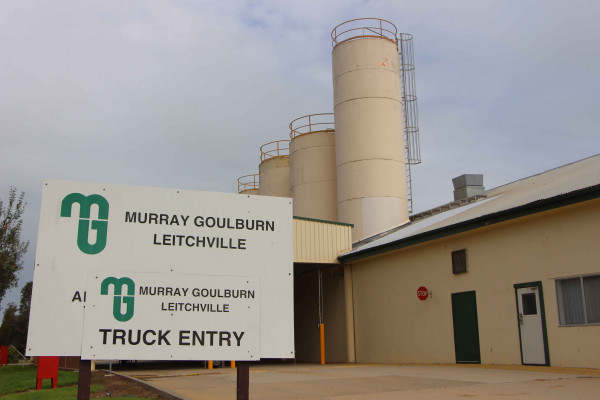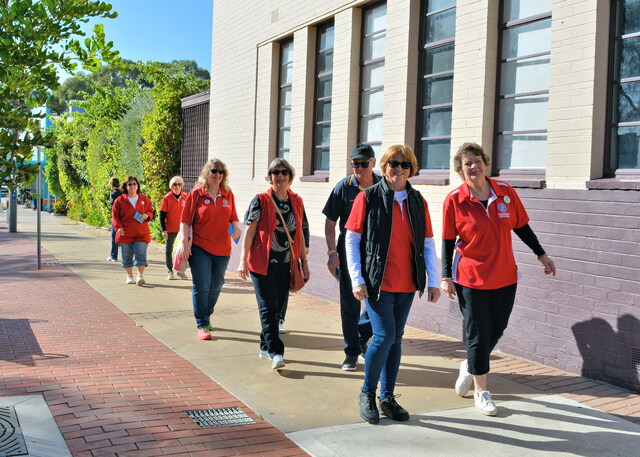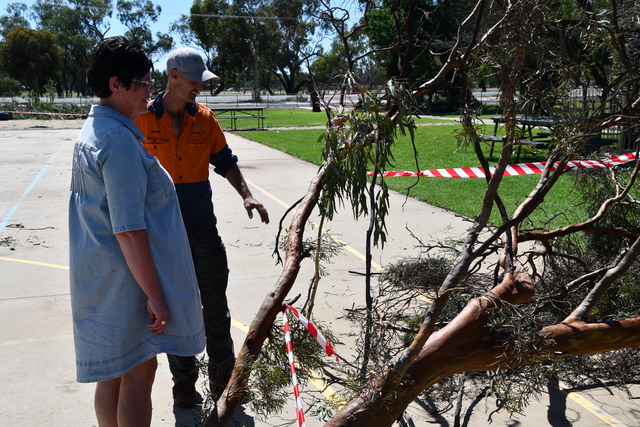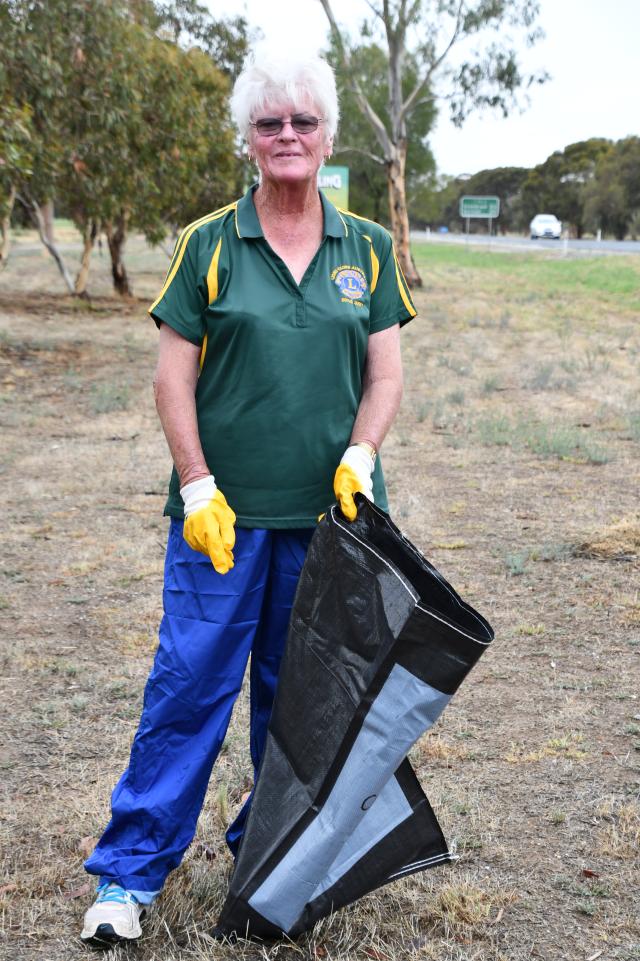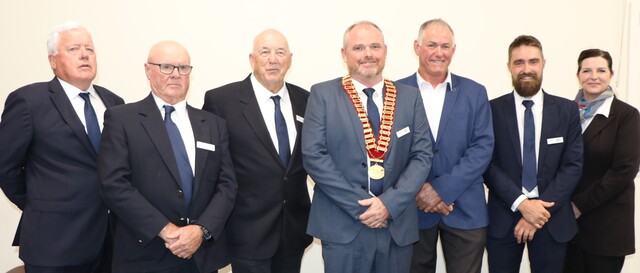
MORE than six years after Australia’s largest dairy co-operative, Murray Goulburn, closed its Leitchville processing plant, the district continues to count the costs.
But, not all was lost in the aftermath, with many former employees remaining in the district after securing other close-by employment, Leitchville Progress Association member, Geoff Behrens said.
Now the district is grappling with another downturn – more harsh and severe, according to economic experts.
Mr Behrens was the association’s secretary when the co-operative announced the shock closure back in February 2010.
Eighty people, mostly from Cohuna, Gunbower, Kerang and Echuca, were employed at the King Albert Street cheese factory, which Murray Goulburn purchased from Kraft in 2001, and used the site to produce bulk 20-kilogram blocks of cheese and mineral whey for Devondale.
Mr Behrens could relate the district’s then dairy downturn to today’s troublesome dairy industry, as more than 80 Murray Goulburn suppliers in Gannawarra anxiously await next season’s farm gate price, to be announced early next month.
“Leitchville managed to survive the closure,” Mr Behrens said.
He said the mismanagement of Murray Goulburn directors in 2010 continued to reflect heavily on the reputation of the company, who copped a backlash for standing firm on its retrospective price cut that is now being investigated by the Australian Competition and Consumer Commission and Australian Securities and Investments Commission.
Two month ago, dairy farmers were being paid $5.60 for every kilogram of milk solids for their milk – a price that equates to about 42 cents a litre.
That figure was slashed to an average of $4.75 a kilogram (about 35 cents a litre) backdated for all of the 2015/16 financial year, with a warning by the company of significantly lower milk prices for three years to make up for the “overpayment” for the previous 10 months.
“It is cruel and stupid that the Leitchville factory wasn’t sold a week after they closed it,” Mr Behrens said.
Since the closure, the town has invested in a recreational vehicle overnight rest stop and put the dough where it matters with a new bakery. More than 20 children remain at the school, the gate remains open at the kindergarten and water remains to be splashed at the public swimming pool.
“Having the factory just sitting there in idle is ridiculous, just to put it mildly,” Mr Behrens said.
“The factory didn’t have to be sold to another dairy processor, and in my eyes they closed the wrong factory … at that time they should have closed the Rochester factory because we still had farms surrounding the town.”
The drought and a 42 per cent drop in milk production in the space of eight years contributed to the decision to shut the district’s major processing plant.
Employees and community leaders described the closure as a “blow for Cohuna and Leitchville” while others said it would “destroy” both towns.
Leitchville IGA manager, Mike Walker said the latest dairy crisis is another setback for the district, which is estimated to lose more than 250 direct and indirect jobs as a result.
“Along with the ongoing water crisis, these pressures are making farming less viable. It is another nail in the coffin,” Mr Walker said.
“The town lost a number of businesses after 2010, like the butcher and mechanic, but we are slowly recovering with a café soon to open.
“We have struggled, but we continue to hang in there … and many communities affected by the recent price slash will recover in time.”
Like many other residents and business owners, Mr Walker is frustrated by the empty “tin shed” that remains unoccupied.
“The shire [Gannawarra] needs to be more proactive in getting business into the factory,” he said.
Gannawarra Shire Council manager economic development, Roger Griffiths said the farm gate price cut would be felt more “severely” by communities than the hit felt by residents after the factory closure.
“The economic flow-on effect for retailers and feed suppliers by the price drop is greater because dairy farmers, which are one of the economic bolsters for Gannawarra, will be limited in what they can spend as they struggle to balance the books,” Mr Griffiths said.
He said council had written to Murray Goulburn and the government requesting assistance to provide some “substance” in their push for a food manufacturer to create jobs and stimulate the economy.

